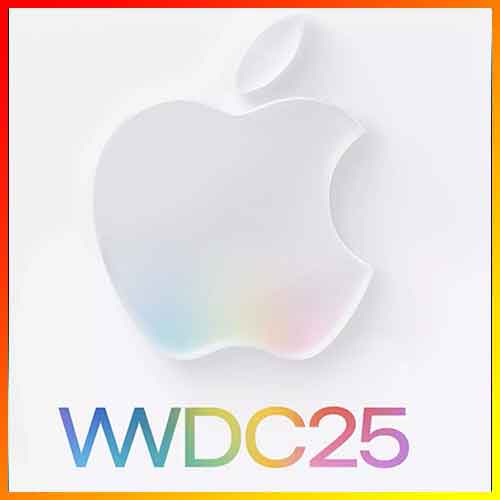
Apple's latest artificial intelligence announcements at its Worldwide Developers Conference (WWDC) have met with a notably tepid reaction from some third-party app developers. This lukewarm response marks a significant shift from WWDC's heyday, which was once considered tech's most anticipated event.
Despite the broader industry's rapid advancements in AI, Apple's progress has been perceived as slow and underwhelming, failing to live up to its own promised vision. Developers like Atul Kakkar of Origin and Grant McDonald of Bobo express a distinct lack of excitement, noting that this year's AI releases, including access to Apple's on-device AI models, aren't transformative enough to cut through the current tech noise. The company remains under pressure to continuously update its developer tools and refine the consumer-facing "Apple Intelligence" experience, which is still a work in progress.
Beyond its AI struggles, Apple faces increasing tension with its developer community. A recent ruling in the Epic Games lawsuit now allows app makers to direct users outside the App Store for payments, directly impacting Apple's commission fees. Developers, while acknowledging the App Store's unmatched reach, are eyeing growing sentiment in the U.S. for regulations akin to Europe's, which would mandate support for third-party app stores. This regulatory pressure further compels Apple to prove the inherent value it offers.

While the iPhone's vast distribution platform still allows users to interact with leading AI chatbots like ChatGPT and Claude, it's unclear how long Apple can rely on this advantage, especially as competitors like OpenAI explore hardware initiatives. The collective challenges signal a critical period for Apple to recalibrate its strategy and demonstrate tangible value to its developer ecosystem.
See What’s Next in Tech With the Fast Forward Newsletter
Tweets From @varindiamag
Nothing to see here - yet
When they Tweet, their Tweets will show up here.




























